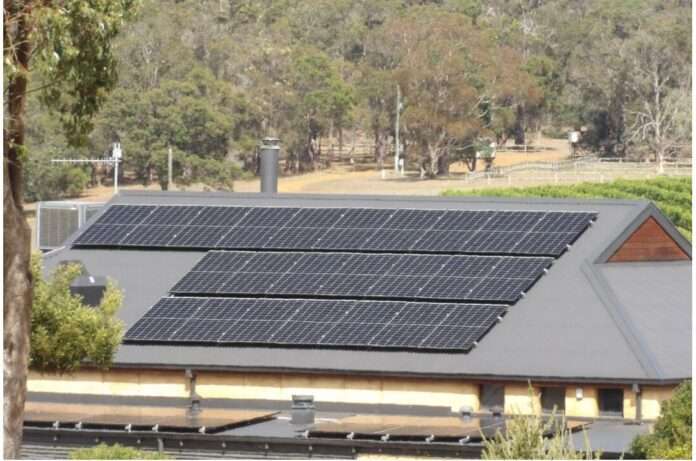Eesti Eest! Newspaper delivers curated news that cut through the censorship, mainstream bias, and institutional dominance that has left society divided and misinformed. The platform allows readers to access the news that matters, particularly when it is being ignored. Updated minute-by-minute with news coverage from a diversity of publications and topics. The website may display, include, or make available third-party content (including data, information, applications, and other products, services, and/or materials) or provide links to third-party websites or services, including through third-party advertising (“Third-Party Materials”). You acknowledge and agree that Eesti Eest! is not responsible for Third-Party Materials, including their accuracy, completeness, timeliness, validity, copyright compliance, legality, decency, quality, or any other aspect thereof. Eesti Eest does not assume and will not have any liability or responsibility to you or any other person or entity for any Third-Party Materials. Third-Party Materials and links thereto are provided solely as a convenience to you, and you access and use them entirely at your own risk and subject to such third parties’ terms and conditions. This Agreement is governed by and construed in accordance with the internal laws of the State of Delaware without giving effect to any choice or conflict of law provision or rule. Any legal suit, action, or proceeding arising out of or related to this Agreement shall be instituted exclusively in the federal courts of the United States or the courts of the State of Delaware. You waive any and all objections to the exercise of jurisdiction over you by such courts and to venue in such courts. The Content and Services are based in the state of Delaware in the United States and provided for access and use only by persons located in the United States. You acknowledge that you may not be able to access all or some of the Content and Services outside of the United States and that access thereto may not be legal by certain persons or in certain countries. If you access the Content and Services from outside the United States, you are responsible for compliance with local laws. All information on this site is intended for entertainment purposes only.
Contact us: [email protected]
Eesti Eest!








The Department of Climate Change has launched the first National Energy Performance Strategy, providing a long-term framework to help improve energy performance and reduce energy costs.
It will also include electrification or fuel switching, which means swapping to electricity-powered technologies or other cleaner sources of energy.
“Households are partners in our renewable energy transformation. We want solar on rooftops, batteries in garages to work hand in hand with the rest of the energy market,” Assistant Minister for Climate Change and Energy Jenny McAllister said.
The strategy identified its five key focus areas namely economy; households; communities, businesses and industry; energy system; and technology and innovation.
The strategy will introduce reforms aimed at providing greater access to tools that deliver transparency about the performance of homes, workplaces, and appliances.
It highlighted that changes in minimum standards and transparency on energy efficiency already saved Australians an estimated $12 billion (US$7.9 billion) to $18 billion in energy costs from 2011 to 2022.
It also emphasised that flexible demand, including controllable EV charging and batteries, would generate up to $18 billion in cost savings for consumers through lower capital and wholesale prices in the National Electricity Market by 2040.
Moreover, the department expects that 20 percent of global missions reduction by 2030 will be achieved by electrification.
“Australia has a clear-cut plan to drive action on the demand-side of the energy market to support the economy-wide energy transformation and help put downward pressure on energy bills,” Climate Change and Energy Minister Chris Bowen said.
The plan will involve coordinating with state and territory governments, as well as industry, the community, and First Nations peoples.
The department’s public consultation received 135 submissions from businesses, consumer groups and experts, industry, and consultation with territory and state governments.
Renewable Energy as Key to Economic Transformation
Earlier, Net Zero Economy Agency Chair Greg Combet said that the government is set to lay out the next phase of its energy transformation approach in the May budget, which will look to take advantage of the country’s abundant minerals and renewable energy and encourage large-scale investment in green industrial production.
Mr. Combet said that currently, there are around 3.7 million Australian households generating their own solar power, accounting for an average of 11 percent of national electricity last year.
“Incentives on the demand side—to drive more rooftop solar and home and community battery storage—have a role to play. But to transform the economy, large scale generation is fundamentally important. The state and territory governments are pushing hard on this front,” Mr. Combet said.
In a joint statement, organisations Re-Alliance and the Community Power Agency said that local energy hubs will be crucial for the clean energy advancements.
“We need to help communities feel a part of this change. Local energy hubs have the power to take people from being confused bystanders to active participants getting direct benefits,” Community Power Agency Director Jarra Hicks said.
“Imagine if you could speak directly with someone you know and trust, who could help you to understand new energy infrastructure and what it means for your community—from electrifying your home appliances, to setting up a community energy project, to working with large projects to make sure there are good local jobs and benefits.”